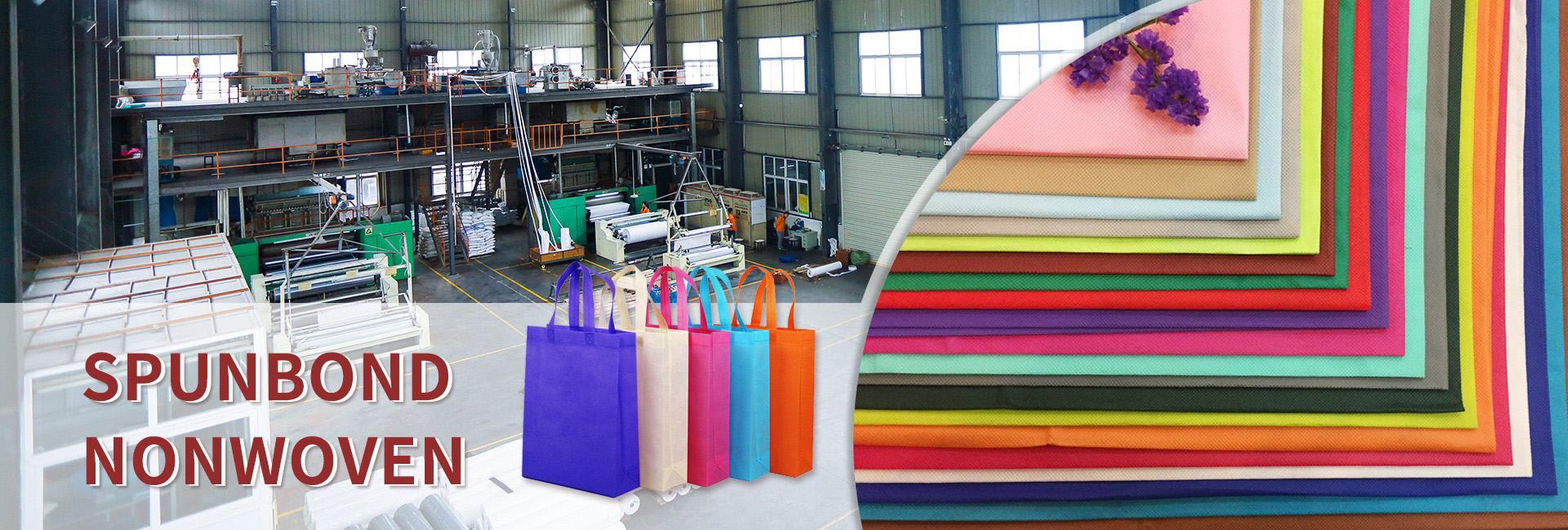Weed control fabric, also known as landscape fabric or weed barrier fabric, is typically water-permeable rather than waterproof. Its primary purpose is to suppress weed growth while allowing air, water, and nutrients to pass through to the soil. Here’s a detailed explanation:
Is Weed Control Fabric Waterproof?
- No, most weed control fabrics are not waterproof.
- They are designed to be porous to allow water to seep through, ensuring that plants receive the moisture they need.
- If the fabric were waterproof, it would prevent water from reaching the soil, which could harm plants and disrupt the ecosystem.
How Weed Control Fabric Works
-
Weed Suppression:
- The fabric blocks sunlight, preventing weeds from germinating and growing.
-
Water Permeability:
- The porous structure allows water to pass through, ensuring proper irrigation.
-
Airflow:
- The fabric allows air to circulate, which is essential for healthy plant roots.
-
Durability:
- Made from materials like woven or nonwoven polypropylene, it is designed to withstand outdoor conditions.
Types of Weed Control Fabric
-
Woven Polypropylene:
- Durable and strong, often used in commercial landscaping.
- Allows water and air to pass through but blocks weeds effectively.
-
Nonwoven Polypropylene:
- Lighter and less durable than woven fabric.
- More permeable to water and air, making it suitable for home gardens.
-
Perforated Plastic:
- Some weed barriers are made from plastic with small holes for water drainage.
- Less breathable and less eco-friendly than fabric options.
When Waterproof Weed Barriers Are Used
In some cases, waterproof barriers (like plastic sheeting) are used for specific purposes, such as:
- Under Decks or Patios: To prevent moisture from seeping into the structure.
- Ponds or Water Features: To contain water.
- Temporary Ground Cover: To completely block moisture and sunlight (e.g., during construction).
However, these are not suitable for garden beds or areas where plants need water and airflow.
Key Considerations
- Garden Use: Choose water-permeable weed control fabric to ensure plants receive adequate water and air.
- Durability: Woven fabrics are more durable and better suited for long-term use.
- Installation: Proper installation (e.g., overlapping edges, securing with stakes) ensures effectiveness.
Conclusion
Weed control fabric is not waterproof; it is designed to be permeable to water and air while blocking weeds. If you need a waterproof barrier for other purposes, you would need to use materials like plastic sheeting, but these are not suitable for gardening or landscaping where plant health is a priority.
Dongguan Liansheng Non woven Technology Co., Ltd. was established in May 2020. It is a large-scale non-woven fabric production enterprise integrating research and development, production, and sales. It can produce various colors of PP spunbond non-woven fabrics with a width of less than 3.2 meters from 9 grams to 300 grams.
Post time: Feb-10-2025

